On this day 700 years ago, Edward II and Isabella were crowned king and queen of England at Westminster Abbey. Edward was exactly twenty-three and ten months, Isabella just twelve.The coronation differed from its predecessors in several respects. Firstly, the wives of peers attended for the first time. Secondly, Edward took his oath in French, not Latin – a fact often used to condemn him as ‘stupid, lazy, ignorant and uneducated’ by historians of the nineteenth and early twentieth centuries, conveniently ignoring the fact that Edward, even if he was ignorant of Latin, which is most unlikely, could easily have learnt the short responses by heart, and that French was the native language of probably everyone attending the coronation.* Thirdly, a new clause was added to the coronation oath: “Sire, do you grant to be held and observed the just laws and customs that the community of your realm shall determine, and will you, so far as in you lies, defend and strengthen them to the honour of God?”More ink has been spilt on the meaning and intention of this clause than you could possibly imagine, but I’m not going to analyse it here because, frankly, the whole subject is tedious beyond belief. (The full text of Edward’s oath, in the French original and English, is in the sidebar on the left.)
Verder lezen →

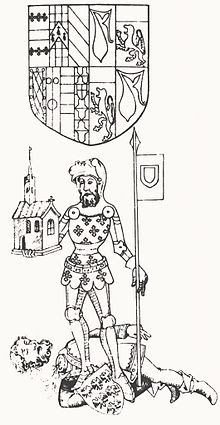

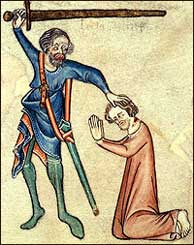
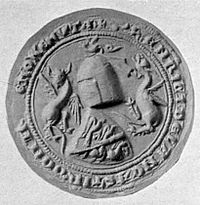

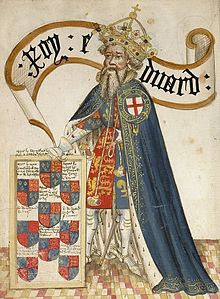

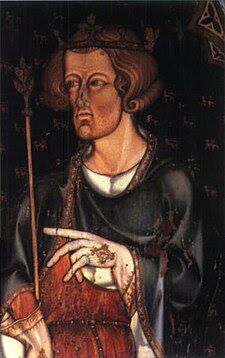
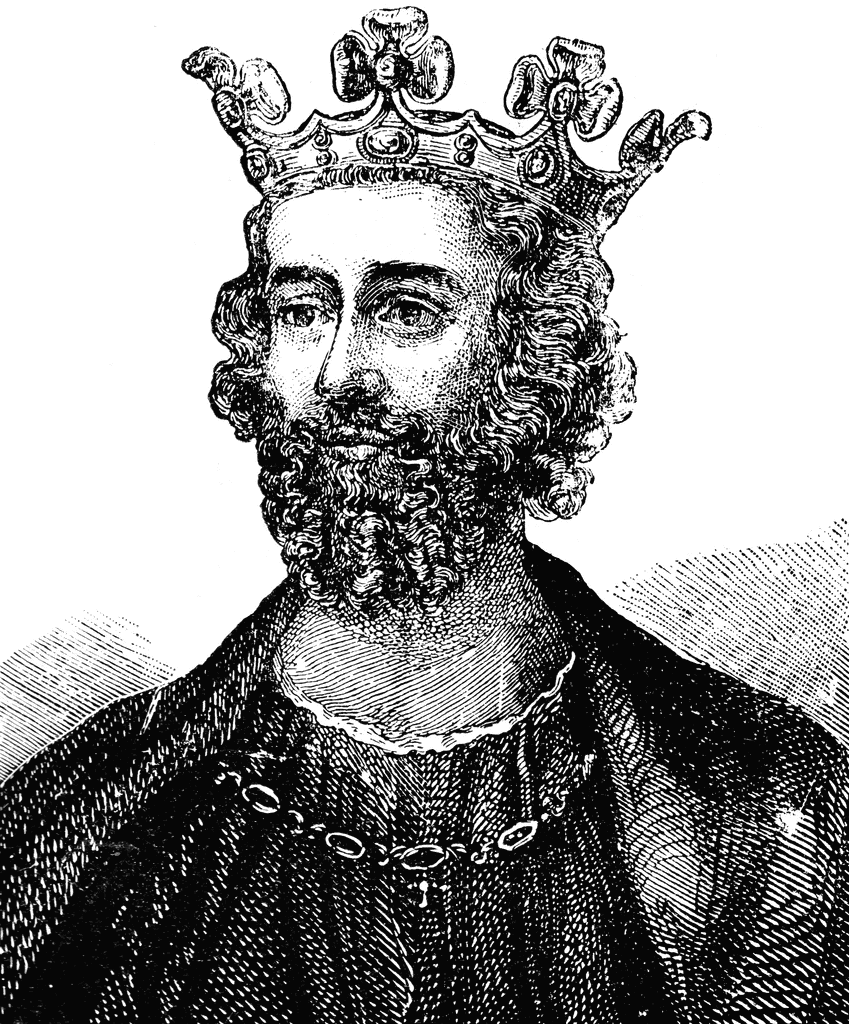

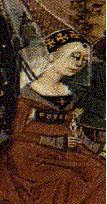

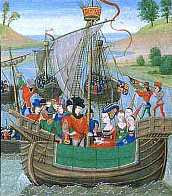 When Isabella, Edward’s estranged queen, and his foremost enemy, Roger de Mortimer landed on British soil near to the manor of Walton in Suffolk on 24th September 1326, Edward was taken by surprise. Not so much by the invasion itself, as he had been preparing for such an event for the past couple of months – but that the force they brought with them was so small. It consisted of about 1500 soldiers (exiled Contrariants and Hainault mercenaries) – hardly enough to constitute a great threat. However, if Edward thought his wife and Mortimer’s rebellion a pathetic gesture, he was soon forced to think again.
When Isabella, Edward’s estranged queen, and his foremost enemy, Roger de Mortimer landed on British soil near to the manor of Walton in Suffolk on 24th September 1326, Edward was taken by surprise. Not so much by the invasion itself, as he had been preparing for such an event for the past couple of months – but that the force they brought with them was so small. It consisted of about 1500 soldiers (exiled Contrariants and Hainault mercenaries) – hardly enough to constitute a great threat. However, if Edward thought his wife and Mortimer’s rebellion a pathetic gesture, he was soon forced to think again.